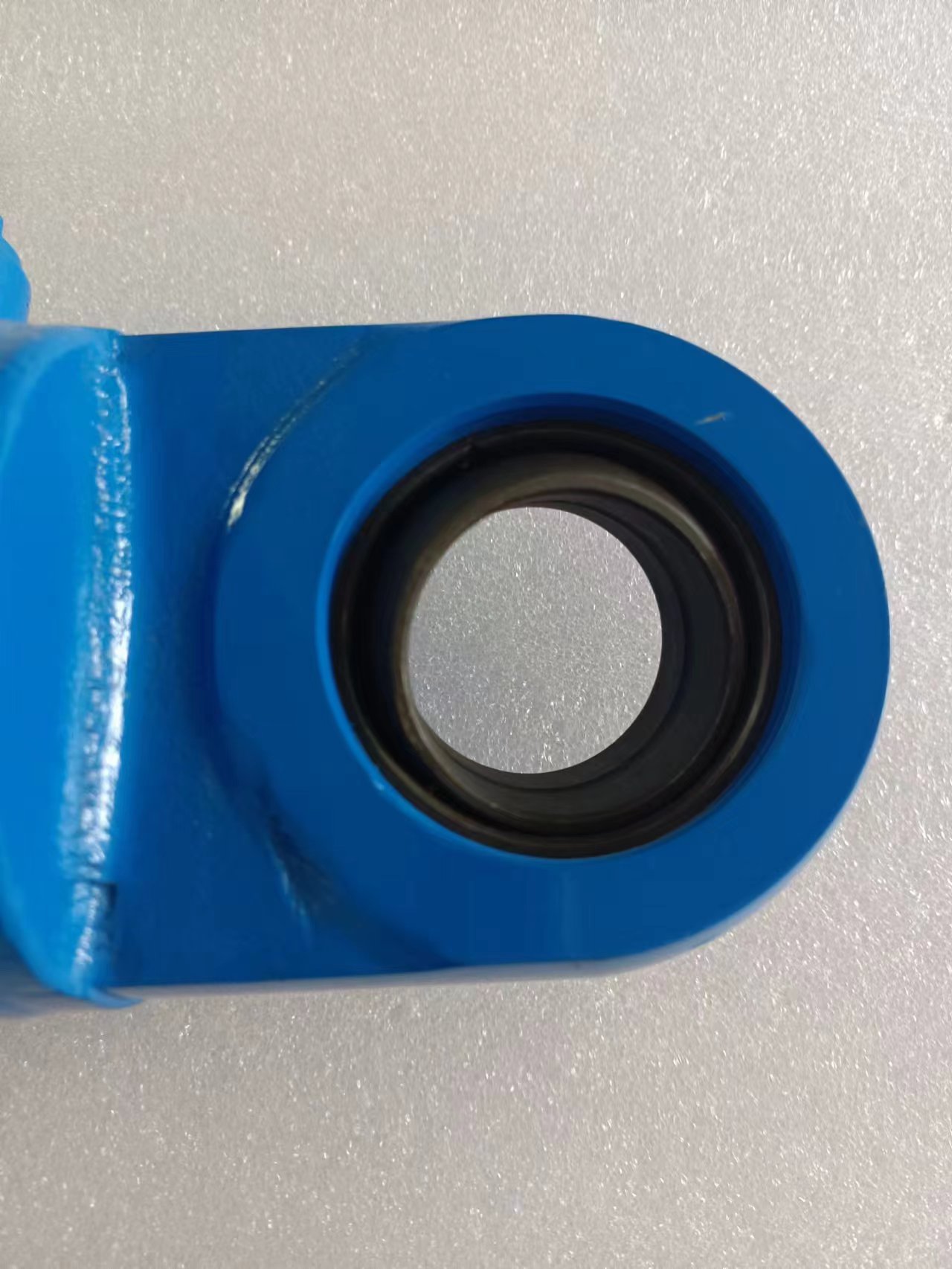Dec . 14, 2024 00:14 Back to list
Hydraulic Cylinder Pump Solutions for Efficient Power and Performance in Industrial Applications
Understanding Hydraulic Cylinder Pumps A Comprehensive Overview
Hydraulic cylinder pumps are essential components in various industrial applications, serving as the heart of hydraulic systems. These pumps convert mechanical energy into hydraulic energy, facilitating the operation of machinery by generating fluid flow and pressure. In this article, we’ll explore the fundamental aspects of hydraulic cylinder pumps, their types, applications, and advantages.
What is a Hydraulic Cylinder Pump?
A hydraulic cylinder pump, often referred to simply as a hydraulic pump, is a device designed to move hydraulic fluids through a system. They are vital in achieving high power density and efficiency in hydraulic systems. When the pump is mechanically powered, usually via a motor, it creates a pressure difference that allows hydraulic fluid to flow from the reservoir into the hydraulic cylinder, thereby facilitating motion.
Types of Hydraulic Pumps
1. Gear Pumps Gear pumps are one of the most common types of hydraulic pumps. They consist of two or more gears that rotate to create a suction effect, drawing fluid in and pushing it out. Gear pumps are known for their simplicity, compact design, and ability to handle high pressure, making them ideal for various applications.
2. Piston Pumps Piston pumps utilize moving pistons to create fluid flow. They are particularly suitable for high-pressure applications and are often used in mobile equipment like excavators and loaders. Piston pumps are known for their efficiency and versatility, as they can operate at variable displacement.
3. Vane Pumps Vane pumps employ a rotating assembly with vanes that slide in and out of a casing. This design minimizes internal leakage and allows for a relatively constant flow rate, making them effective for moderate pressure applications. Vane pumps are widely used in industrial machinery and automotive applications.
4. Screw Pumps These pumps rely on two or more screws that mesh together, drawing fluid into the pump and forcing it out as they rotate. Screw pumps are valued for their ability to handle viscous fluids and maintain a consistent flow rate.
Applications of Hydraulic Cylinder Pumps
Hydraulic cylinder pumps are utilized in numerous industries and applications, including
- Construction Machinery Hydraulic system pumps are crucial for the operation of excavators, backhoes, and cranes, providing the necessary power to lift and move heavy loads.
- Manufacturing In manufacturing, hydraulic pumps facilitate the operation of machines such as presses and injection molding equipment, where precise control and significant force are required.
hydraulic cylinder pump products

- Agricultural Equipment Hydraulic pumps are essential in various agricultural machinery like tractors and harvesters, helping to power implements and attachments
.- Automotive Systems Power steering systems in vehicles often employ hydraulic pumps to assist in steering operations, enhancing driver control and comfort.
- Aerospace and Defense Hydraulic systems in aircraft and military vehicles rely on pumps for critical operations, including landing gear deployment and weapon systems.
Advantages of Hydraulic Cylinder Pumps
The use of hydraulic cylinder pumps offers numerous benefits
1. High Power-to-Weight Ratio Hydraulic systems can generate significant power without the bulk of comparable mechanical systems, allowing more compact machinery.
2. Precision Control Hydraulic pumps can quickly and accurately control the motion of actuators, leading to improved operational precision.
3. Versatility Hydraulic pumps are adaptable to various applications, with the ability to convey high forces across extensive systems.
4. Maintenance While hydraulic systems require regular maintenance, they can be less complex than mechanical systems, often leading to easier repairs and lower costs.
5. Efficiency Hydraulic pumps can achieve high efficiency, especially in applications that require variable flow rates and pressures.
Conclusion
In summary, hydraulic cylinder pumps are critical components in a wide range of applications, from construction and manufacturing to agriculture and aerospace. Understanding the types, applications, and advantages of these pumps can help industries leverage their capabilities to improve efficiency and productivity. As technology continues to advance, the role of hydraulic pumps will undoubtedly expand, offering even more innovative solutions to modern challenges.
-
Fork Lift Power Units - Hebei Shenghan | Efficiency, Reliability
NewsJul.13,2025
-
1.5-Ton Turbocharged Cylinder-Hebei Shenghan|Hydraulic Solution,Energy Efficiency
NewsJul.13,2025
-
Auto Hoist Power Units-Hebei Shenghan|Efficiency&Industrial Lifting
NewsJul.13,2025
-
Double Acting Power Units-Hebei Shenghan|Hydraulic Solutions,Industrial Efficiency
NewsJul.13,2025
-
1.5 Ton Lifting Cylinder 70/82-40-290-535 - High-Performance Hydraulic Solution | Hebei Shenghan
NewsJul.13,2025
-
Fork Lift Power Units - Hebei Shenghan | Efficiency&Reliability
NewsJul.13,2025
